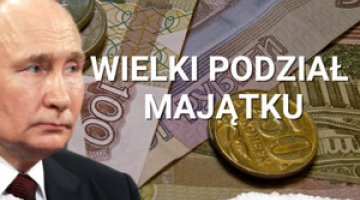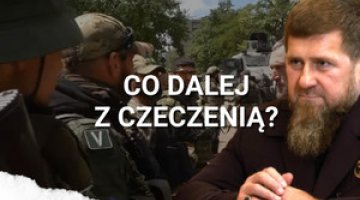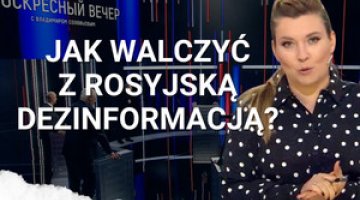Harsh sentences in the ‘Bolotnaya trial’ with the Maidan in the background
On 24 February a district court in Moscow convicted eight defendants in the ‘Bolotnaya trial’. The defendants were found guilty of participation in mass riots and attacking the police during a rally on 6 May 2012, on the eve of Vladimir Putin’s inauguration for his third presidential term. Seven persons were sentenced to imprisonment for terms ranging from two and a half to four years, and one was given a suspended sentence. At the same time, the city authorities banned a demonstration of solidarity with the prisoners on the day of sentencing. Security forces arrested about 400 people who had gathered at the courthouse and tried to organise a protest in the city centre of Moscow.
Commentary
- These sentences bring to an end this important trial, which had the nature of a political show trial. Its aim was to show ordinary people that the Kremlin remains absolutely opposed to any unsanctioned protests, and will not tolerate resistance to the security forces. The hearing was accompanied by a campaign in the pro-government media to discredit the defendants, including a series of documentaries entitled Anatomy of a protest. The fact that a number of ordinary participants in the rally were charged, who are representatives of the younger generation, people widely unknown and being not leading opposition activists, was designed to intimidate the public. Human rights activists argue that there were no mass riots during the demonstration, and the individual clashes were provoked by the police; moreover, during the trial a number of legal and procedural errors were made.
- The harsh verdict and the authorities’ severe response to the attempt to contest the court's decision is part of a broader trend of limiting civil liberties and tightening repression against political opponents which has been observed in Russia since the mass anti-Kremlin rallies of 2011 and 2012. The protest movement by ordinary Russian people, on a scale unprecedented since the 1990s, has surprised the Kremlin. As a result, legal restrictions have been introduced on public assembly and the operation of social NGOs which receive foreign financial assistance, on use of the Internet, and pressure is being put on the independent media (such as TV Rain); moreover, a reform of the electoral system has been initiated, and judicial campaigns against particular opposition activists (such as Alexei Navalny) have been launched.
- The severity of the verdict was likely affected by the fall of the regime of Viktor Yanukovych in Ukraine under the influence of mass protests, which coincided with the final phase of the trial. The Russian political elite, especially Vladimir Putin, fears a repeat of the revolutionary scenario in Russia, and so is seeking to suppress opposition activity in society by all available means. To this end, they are also using the media to scare Russians with the protests in Kyiv, presenting it as a revolution by radicals and nationalists sponsored by the West, which is bringing about chaos and anarchy in the country. It seems that the developments in Ukraine, which the Kremlin views very unfavourably, have confirmed the Russian authorities in the belief that their existing hardline strategy towards their opponents is both effective and necessary, in order to maintain their control over society and the monopoly on power. In the future we may expect the government to take an even tougher course of measures towards anti-Kremlin activities.





